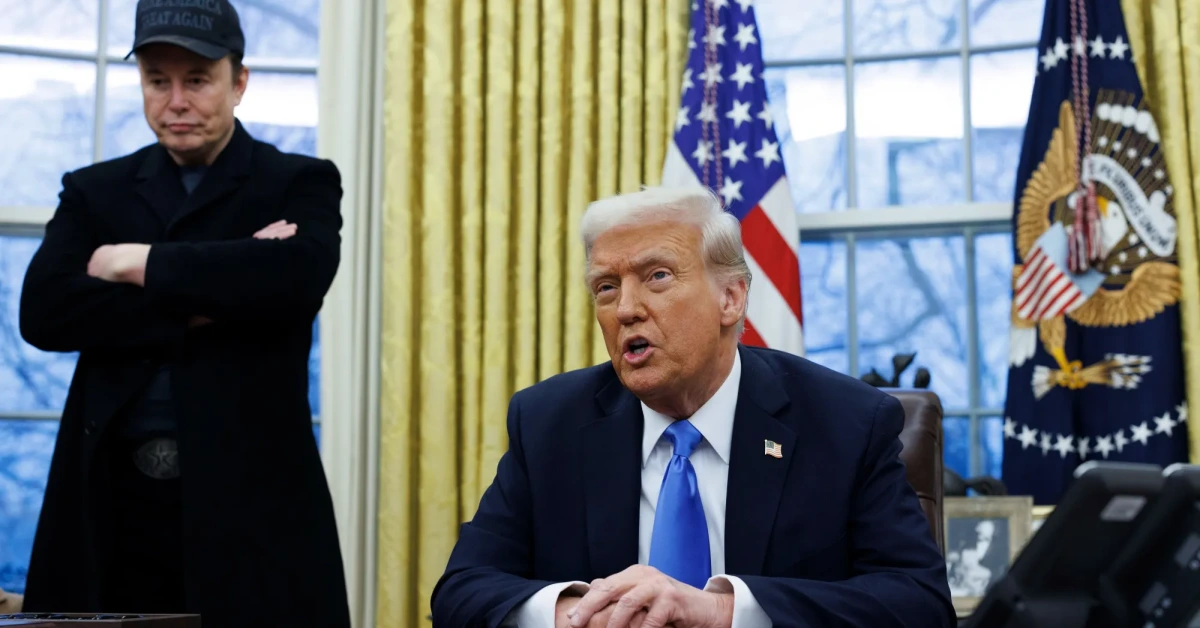
USA – President Donald Trump’s proposed 2026 federal budget has sparked major concern across the U.S. scientific community due to deep cuts in research funding.
The budget includes a 26% reduction to the Department of Health and Human Services (HHS), shrinking its allocation to US $93.8 billion.
Key research bodies such as the National Institutes of Health (NIH), Centers for Disease Control and Prevention (CDC), and National Science Foundation (NSF) face some of the steepest reductions.
The NIH, which funds nearly 50,000 biomedical research projects, stands to lose US $18 billion – about 40% of its current budget.
The CDC would see its funding nearly halved to US $8 billion, while the NSF budget would be slashed by 55% to US $4.7 billion.
These cuts come with sharp criticism from the Trump administration, which accuses these agencies of engaging in wasteful spending, supporting risky research, and promoting divisive social ideologies.
Trump’s proposal also targets specific programs for elimination, including those focused on minority health, nursing research, and chronic disease prevention.
At the NSF, funding for research into climate, clean energy, and behavioral sciences is also on the chopping block, described in the budget as “low priority.”
The scientific community has responded with alarm. Sudip Parikh, CEO of the American Association for the Advancement of Science (AAAS), warned that the proposed budget would be “catastrophic” and could cost the U.S. its status as a global leader in research and innovation.
He emphasized that reduced investment will make it harder to attract top talent, set international standards, or drive future economic growth.
NSF Director Sethuraman Panchanathan, who recently resigned, echoed similar concerns in his resignation letter, warning that the U.S. risks losing its competitive edge.
Mary Woolley, president of Research!America, also criticized the proposed cuts, saying they would make it easier for countries like China to surpass the U.S. in science and technology.
XRP HEALTHCARE L.L.C | License Number: 2312867.01 | Dubai | © Copyright 2025 | All Rights Reserved